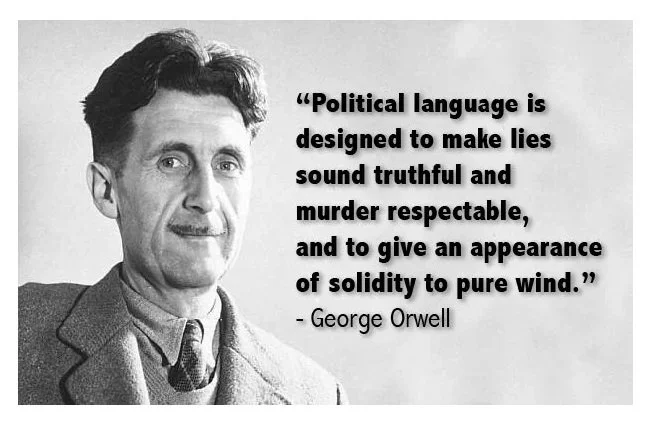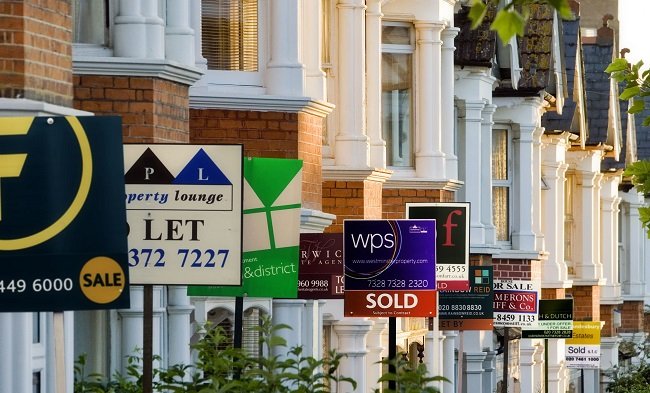Why Are So Many Gamers Assholes?
A representation of an “asshole”
First off before we begin, I am not going to apologise for using the term “asshole”. Yes I could use more eloquent language but finding a non profane definition is complicated and potentially difficult to agree upon. Are we talking about antisocial gamers, the deliberately obtuse or those with specific prejudices and axes to grind? Is this all about tribalism, real world political affiliations or the whims and caprices of professional malcontents? Perhaps all these examples are correct and just different facets of the same problem? See, it’s easy to get bogged down just with the terminology. But most people know what is meant by the phrase “asshole”. Within the confines of gaming culture, we know exactly who and what they are. We also know where to find them and sadly they are not an endangered species.
Moving on to the main question, “why are so many gamers assholes”, there are numerous explanations to consider. Perhaps the all time classic answer is the old “anonymity of the internet” theory. The idea that because someone can hide their identity and thus avoid any repercussions, they will by default indulge in abhorrent behaviour. But this explanation is not as comprehensive as it first appears. I often have opportunities to indulge in consequence free behaviour, yet refrain from doing so. If none of us did then there wouldn’t be a gaming community per se, as it would just be a constant battleground. So like all social issues, the reality is more complicated and nuanced when scrutinised properly. Yes, the freedom that the internet affords is certainly a factor in the problem but not the defining one. So what are the other possible explanations?
Although gaming and sports are not identical in nature, there is certainly a lot of crossover in their social attributes. Both have a culture of fandom that is often based upon tribalism and competitiveness. The former is not something that can be reasoned with, leaning more towards blind loyalty. The latter can at times lapse into a “winning at any cost” mindset, which is hardly conducive for equitable community relationships. Stepping away from sport, public discourse in politics and the news agenda has become more partisan and bellicose in recent years. Traditional notions of data driven debate and facts underpinning an argument has given way to slogan driven rhetoric, gaslighting and appealing to “feelings”. All of which are incredibly flexible for those who don’t want to be restrained by reason or logic.
A bona fide “asshole”
Other factors to consider are levels of emotional and social literacy. There is data to suggest that certain quarters of society are not learning the social skills needed to navigate life. Then there has been decades of reinforcement of the old trope of resolving conflict through violence via TV, cinema, music and literature. But perhaps the biggest factor is one that has blighted not just leisure activities but most social communities. Gaming has for years been perceived, defined and marketed as a white male “space” and it is only in recent years there has been any attempt to challenge and change that. It should be noted that such efforts have always seen a reciprocal amount of pushback from those who see it as “their preserve”. As gaming has become more culturally “acceptable” and hence more commercially viable, it has reached wider audiences and demographics. Yet the industry has been slow to embrace representation as many of those who effectively run it are not cut from the cloth of inclusivity.
And at a grass roots level, a great deal of “assholery” goes unchallenged and unchecked due to there being little effective community based moderation or policing. Censorship and free speech are often invoked as a bogus defense but usually it just comes down to cost. The most effective moderation is done by experienced people and employing them comes with a cost. Plus imposing sanctions on “assholes” hits the bottom line, irrespective of their character traits. “Assholes” are paying customers. Sometimes they are whales. Hence we all too often see the pretense of caring and a lot of hollow press releases and mission statements that promise much but deliver little. Environments such as these, along with the wider social factors discussed are ideal for “assholes” and allow them to thrive.
Now there are some who think that the entire toxic gamer trope is blown out of all proportion and that the reality is different to the perception. Arguments often centre on “assholes” being just a disproportionately vocal minority and it all being a case of visibility bias. Then there are sound arguments to be had about nonverbal cues and how social media often masks intent etc. Are all of those who trot out inflammatory epithets really advocating them and the philosophy behind them or simply repeating something they’ve read in an attempt to get a rise? Is there genuine malice behind all incidents? I have also discussed with others whether the brevity and lack of nuance that is inherent in all text based chat systems makes it difficult for anyone not to appear as an “asshole” at some point. However, where I think many cases do fall into these categories, it doesn’t excuse or explain those gamers who exist in a perpetual state of malcontentment. You’ll find examples of these people on every game related forum and subreddit. They seem obligatory, like a copy of Queen’s Greatest Hits in your music collection.
A man who sang about “assholes”
Finally, I would like to add another reason to explain the abundance of “assholes” in the gaming community. A somewhat depressing one that some folk may reject due to its implications. Maybe people collectively just aren’t as nice as we like to think. It has always been purported within western society that there are more good guys than bad. We tell our children to study and then work hard, play by the rules and that society and the establishment will treat you well. The myth that there is a sort of cultural social contract and quid pro quo. I suspect that the last decade may have proven that this is patently not true. Social conventions and lack of access to communication platforms masked this in the past but now the reality is clearer to see. A lot of people have a beef with life be it legitimate or imagined. Plus being nice takes effort. Being an “asshole” does not.
Yes there are good people who do the right thing, that believe in fairness, equality and treating people as they like to be treated themselves. There always will be. But then there’s an opposite constituent that is self centred and mortally afraid of difference. Anything perceived to threaten the status quo that enshines their world view and socioeconomic advantage is resisted. I think the big revelation of recent years is that the former group is not the majority as previously thought or claimed. In fact the split between the two is probably a lot more even. Hence there are more “assholes” than previously thought. As for the question of whether we can beat or contain the tide of “assholery”, the answer is the same as it always has been. You call out offenders, challenge the ideologies that drive them and lead by example. But it takes an unified effort from all and ultimately, you cannot elect to just sit it out. We tend to get the standard of communities that we allow, rather the ones we notionally aspire to. And that is why so many gamers are “assholes”. We let them.




























